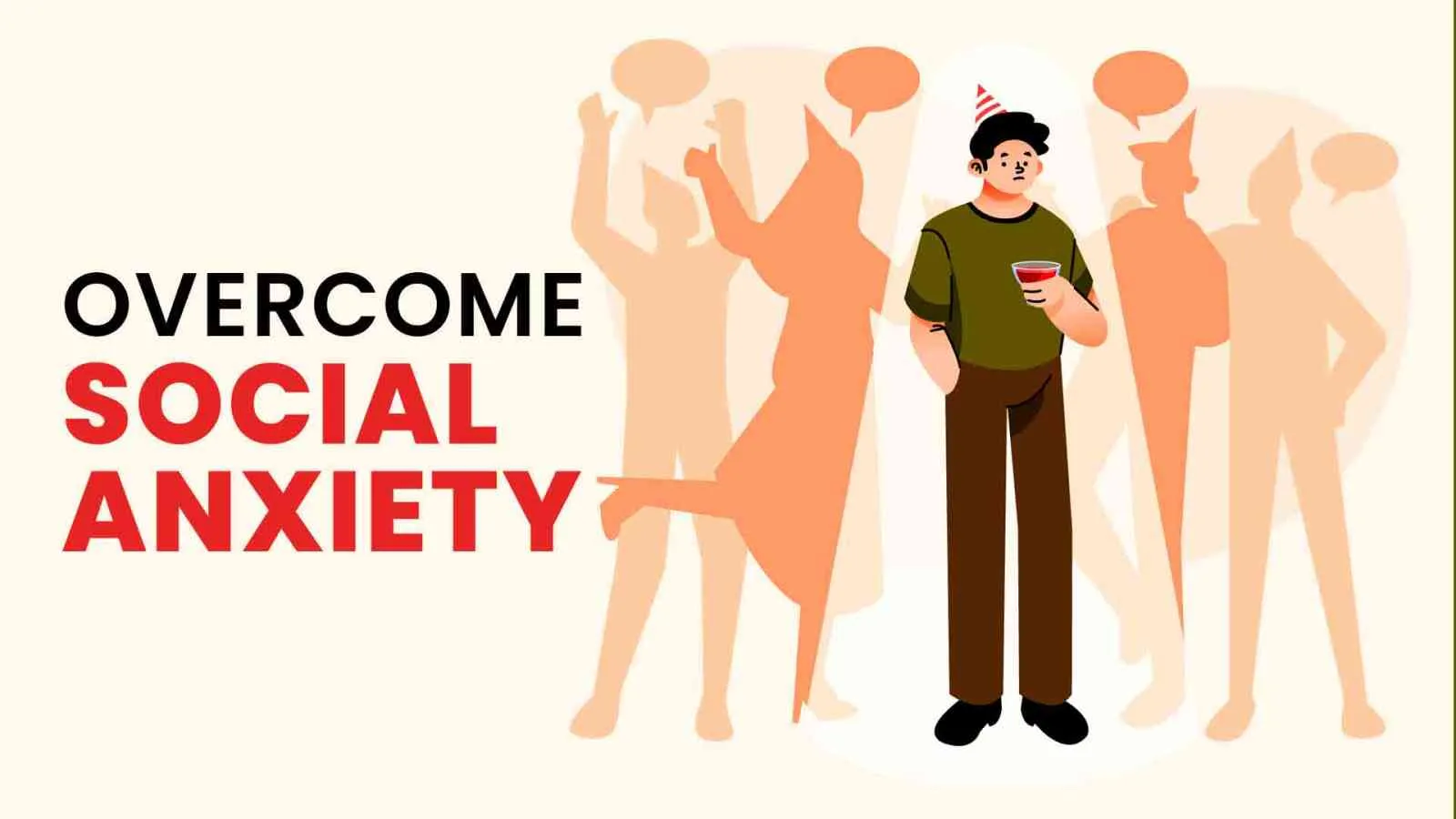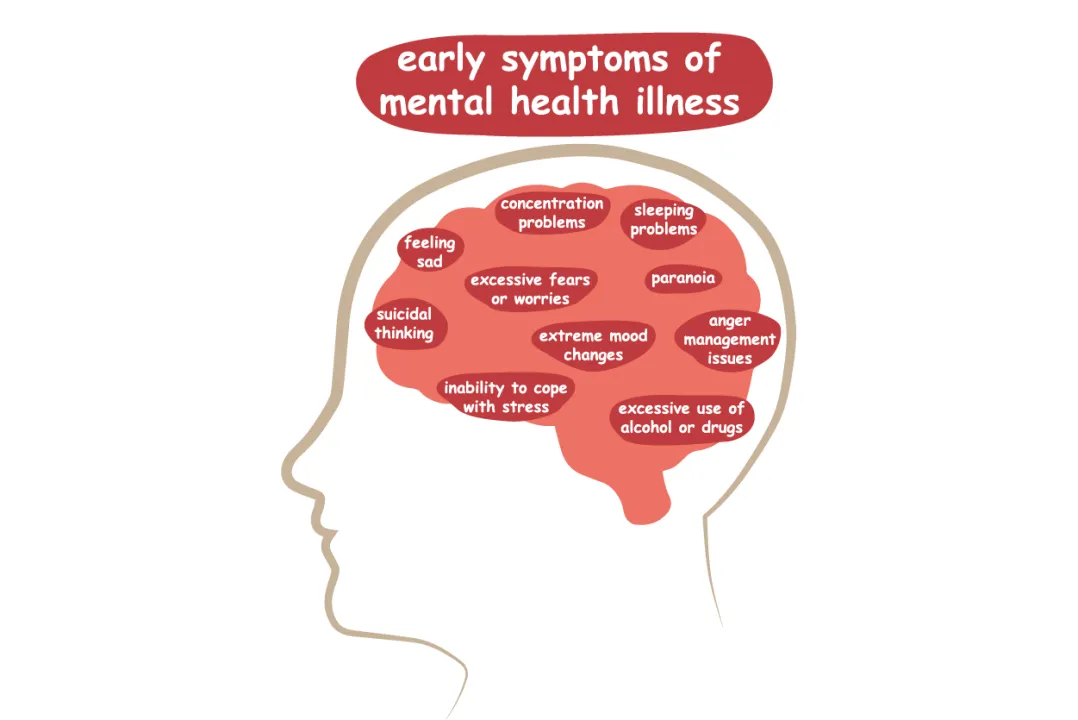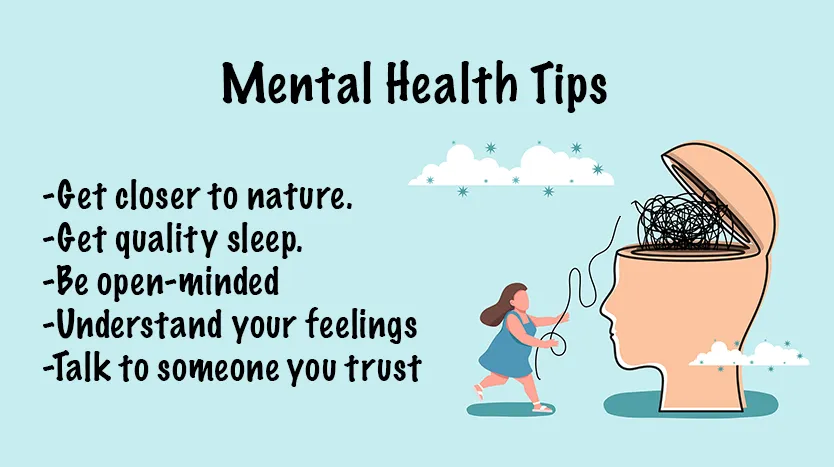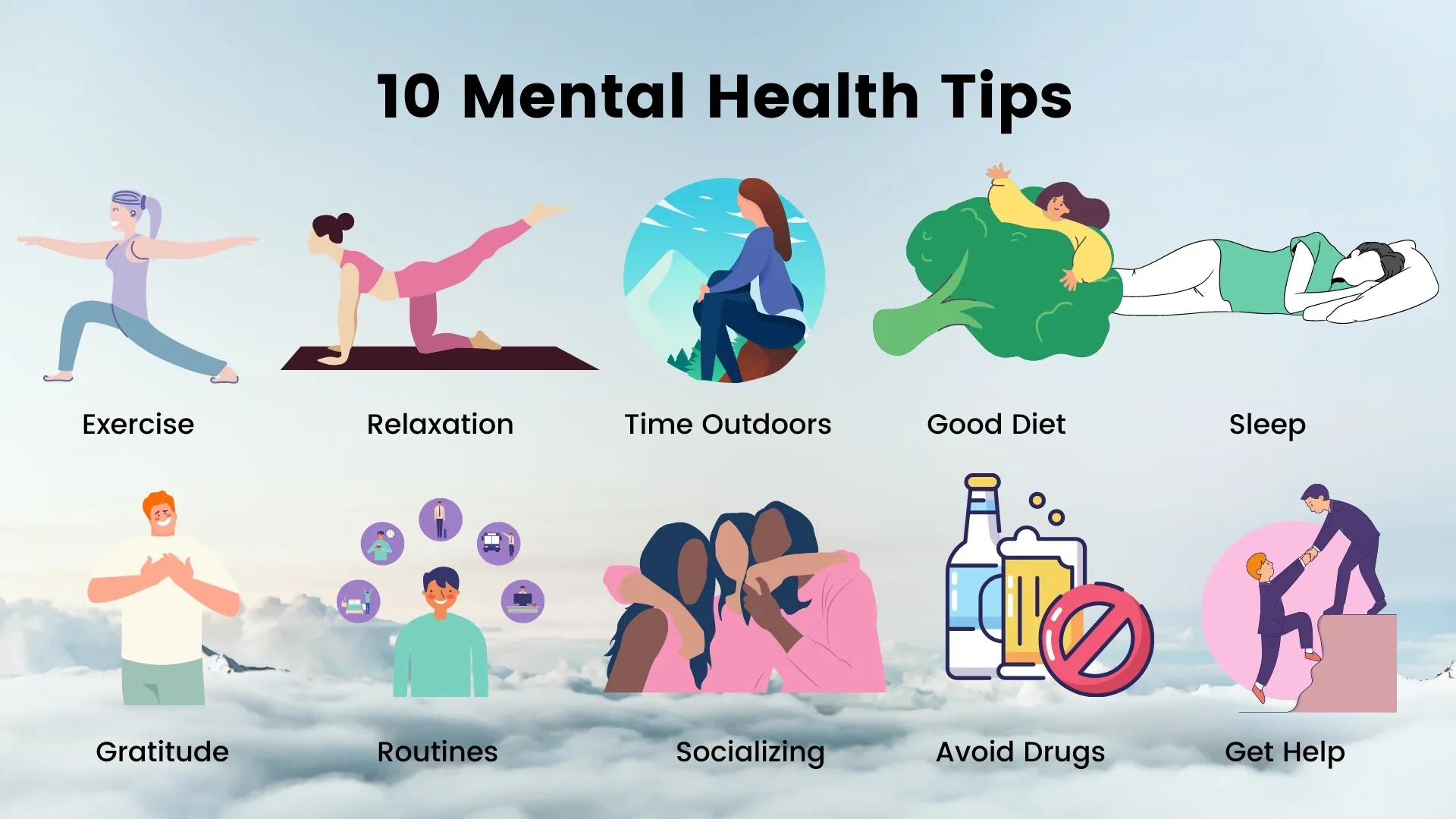Social anxiety is a common condition that affects many individuals, making it challenging to engage in social situations or interact with others. It can create feelings of self-doubt, fear of judgment, and a strong desire to avoid social interactions altogether. However, overcoming social anxiety is possible with the right strategies, mindset, and support.
This article will explore practical tips and techniques to help you manage and eventually overcome social anxiety, allowing you to live a more confident and fulfilling life.
Understanding Social Anxiety
Before diving into how to overcome social anxiety, it’s important to understand what it is and why it occurs. Social anxiety is characterized by a persistent fear of social situations, especially those where one may be judged or scrutinized by others. It can manifest as intense nervousness, sweating, blushing, or even physical symptoms such as a racing heart.
Some common triggers for social anxiety include:
- Speaking in public or giving presentations
- Meeting new people
- Attending social gatherings or parties
- Being the center of attention
- Having conversations in unfamiliar settings
While social anxiety is a normal experience for many people, it can become overwhelming and hinder daily activities if left unmanaged.
1. Challenge Negative Thoughts
One of the core components of social anxiety is the negative thinking patterns that occur before, during, and after social interactions. These thoughts may include fears of embarrassment, judgment, or rejection. Challenging these thoughts is essential to overcoming social anxiety.
How to Challenge Negative Thoughts:
- Identify Distorted Thinking: Start by recognizing the negative thoughts that fuel your anxiety. For example, you may think, “Everyone will think I’m awkward” or “I’ll make a fool of myself.” These are often exaggerated or unrealistic thoughts.
- Challenge the Evidence: Ask yourself if there is any real evidence to support these negative beliefs. Have others judged you harshly in the past, or is this just a fear in your mind? Often, the evidence will show that your worries are not grounded in reality.
- Reframe Your Thoughts: Instead of thinking negatively, try reframing your thoughts in a more positive or realistic light. For example, “It’s okay if I feel nervous; everyone gets nervous sometimes” or “Even if I make a mistake, it’s not the end of the world.”
By changing your thought patterns, you can reduce the intensity of social anxiety and create a more balanced perspective.
2. Practice Exposure
One of the most effective ways to overcome social anxiety is through gradual exposure to social situations. Avoidance reinforces anxiety, as it prevents you from building confidence and learning that your fears are often unfounded.
How to Practice Exposure:
- Start Small: Begin with less intimidating situations, such as making small talk with a friend or saying “hello” to a classmate. Gradually work your way up to more challenging scenarios, like attending a social event or giving a presentation.
- Set Achievable Goals: Set small, manageable goals for yourself. For example, if attending a party feels overwhelming, aim to stay for 15 minutes and gradually increase your time in social settings as you feel more comfortable.
- Celebrate Progress: After each exposure, celebrate your accomplishments, no matter how small. Recognize that each step forward is a success in overcoming your anxiety.
With consistent exposure, you’ll become more comfortable in social situations, and your anxiety will begin to lessen over time.
3. Practice Relaxation Techniques
Physical symptoms of anxiety, such as a racing heart or shallow breathing, can exacerbate feelings of panic. Practicing relaxation techniques can help calm your body and mind, making it easier to cope with anxiety.
Relaxation Techniques to Try:
- Deep Breathing: Practice slow, deep breaths to calm your nervous system. Inhale deeply through your nose for a count of four, hold for four, and exhale slowly through your mouth for a count of six. Repeat several times until you feel more relaxed.
- Progressive Muscle Relaxation: This technique involves tensing and relaxing different muscle groups in your body. Start with your feet and work your way up to your head, releasing tension in each area as you go.
- Mindfulness Meditation: Mindfulness involves focusing on the present moment without judgment. You can practice mindfulness by paying attention to your breath, the sensations in your body, or the sounds around you. This can help reduce anxiety and ground you in the present.
These relaxation techniques can help you feel more in control of your anxiety and make social situations feel less overwhelming.
4. Improve Your Self-Esteem
Low self-esteem often contributes to social anxiety. When you doubt your worth or fear that others will judge you negatively, it can increase your anxiety in social situations. Building self-esteem and practicing self-compassion are key to overcoming social anxiety.
How to Build Self-Esteem:
- Focus on Strengths: Make a list of your strengths and accomplishments. Remind yourself of the positive qualities that make you unique and valuable.
- Practice Self-Compassion: Be kind to yourself, especially when you make mistakes. Understand that everyone makes mistakes, and it’s okay to be imperfect. Treat yourself with the same compassion you would offer to a friend.
- Surround Yourself with Supportive People: Spend time with people who lift you up and encourage your personal growth. Positive relationships can help improve your self-esteem and reduce feelings of insecurity.
Improving your self-esteem can help you feel more confident in social situations and reduce the fear of judgment from others.
5. Seek Social Support
Social anxiety can be isolating, but you don’t have to go through it alone. Seeking support from trusted friends, family members, or a therapist can make a significant difference in your journey to overcome social anxiety.
How to Seek Support:
- Talk to a Trusted Friend or Family Member: Opening up about your social anxiety can help reduce its power over you. A supportive friend or family member can offer encouragement, understanding, and even accompany you to social events if needed.
- Consider Therapy: Cognitive-behavioral therapy (CBT) is an effective treatment for social anxiety. A therapist can help you identify negative thought patterns, challenge your fears, and develop coping strategies. Group therapy may also be beneficial, as it allows you to practice social interactions in a safe and supportive environment.
- Join a Support Group: Connecting with others who understand what you’re going through can help you feel less alone. Look for local or online support groups for social anxiety where you can share experiences and learn from others.
Building a support network can provide you with the tools and encouragement needed to tackle social anxiety head-on.
6. Take Care of Your Physical Health
Your physical health is closely connected to your mental health. Taking care of your body can improve your mood, reduce stress, and increase your overall sense of well-being.
Tips for Physical Health:
- Exercise Regularly: Physical activity releases endorphins, which are natural mood boosters. Regular exercise can also help reduce stress and anxiety.
- Eat a Balanced Diet: A healthy diet rich in fruits, vegetables, whole grains, and lean proteins supports brain health and improves mood.
- Get Enough Sleep: Sleep is essential for mental well-being. Aim for 7-9 hours of sleep each night to help your body and mind recharge.
Taking care of your physical health can provide a strong foundation for managing social anxiety and improving your overall quality of life.
7. Be Patient and Persistent
Overcoming social anxiety doesn’t happen overnight. It takes time, effort, and patience. Don’t be discouraged by setbacks, and remember that progress is a gradual process. Celebrate your small victories along the way, and keep moving forward.
Tips for Staying Motivated:
- Track Your Progress: Keep a journal of your experiences and note your progress. Reflecting on how far you’ve come can provide motivation to continue.
- Set Realistic Goals: Set small, achievable goals for yourself, and gradually work toward larger goals. Break down challenging situations into manageable steps.
- Practice Self-Compassion: Be kind to yourself when setbacks occur. Overcoming social anxiety is a journey, and it’s okay to have difficult moments.
Conclusion
Social anxiety can be a challenging condition, but with the right strategies and support, it is possible to manage and overcome it. By challenging negative thoughts, practicing exposure, learning relaxation techniques, and building self-esteem, you can gain more control over your anxiety and start feeling more confident in social situations.
Remember, overcoming social anxiety is a journey, and it’s okay to take small steps along the way. Be patient with yourself, seek support when needed, and keep working toward building a more confident, social, and fulfilling life.
Would you like an image to accompany this article, perhaps showing someone practicing relaxation or participating in a social activity with friends?




